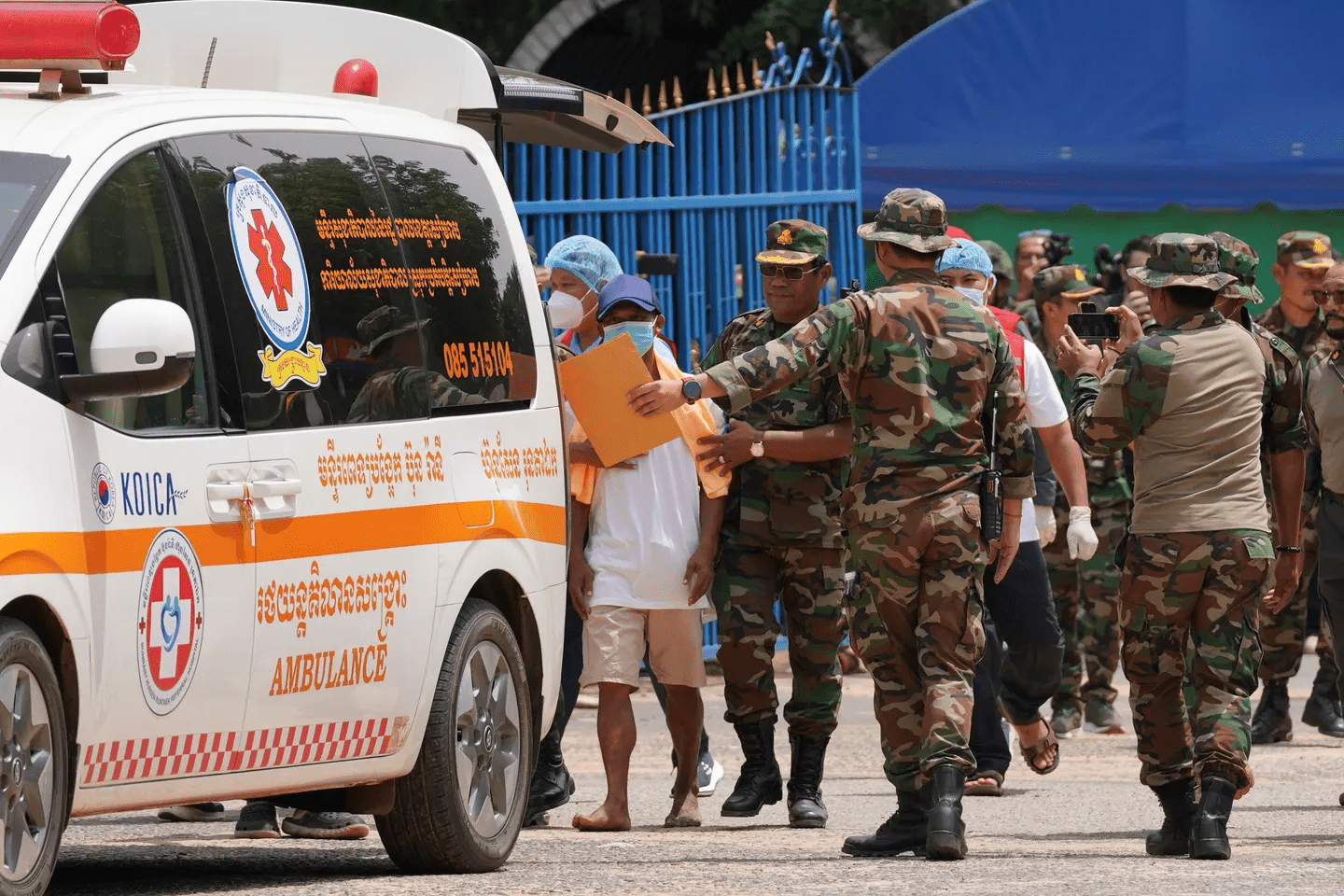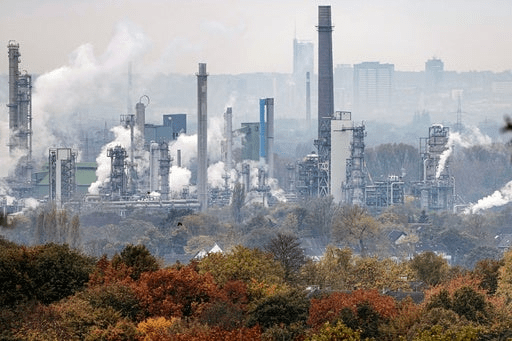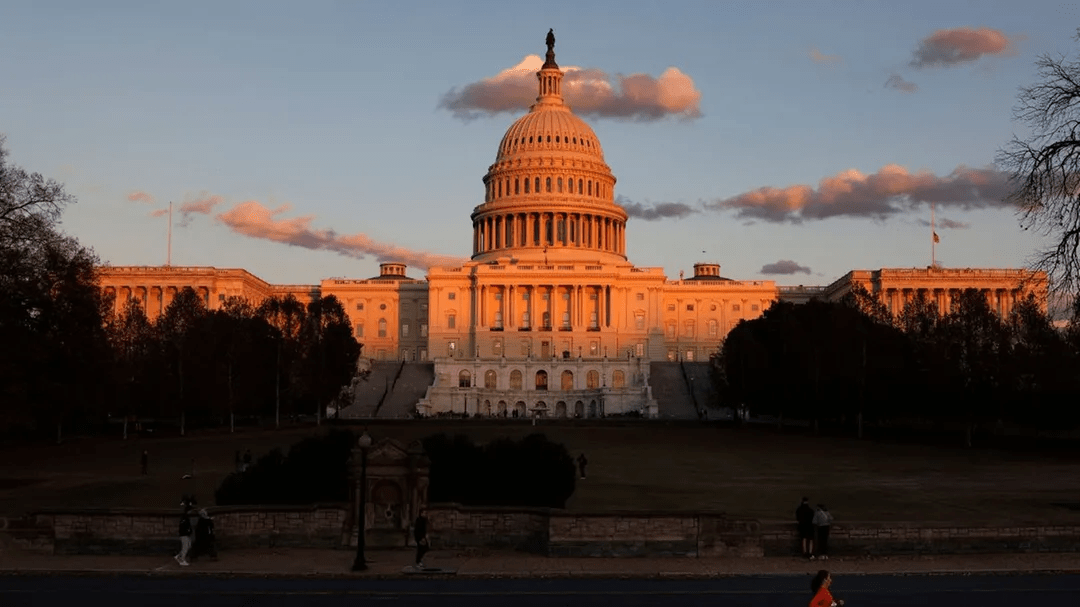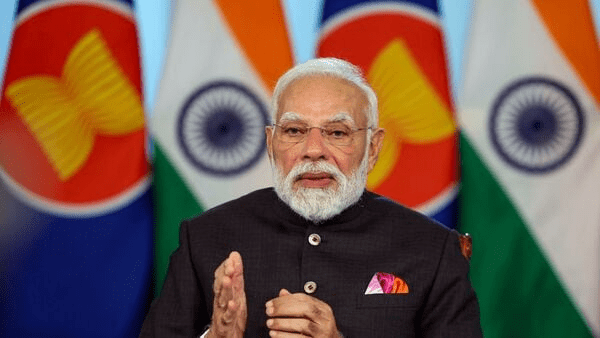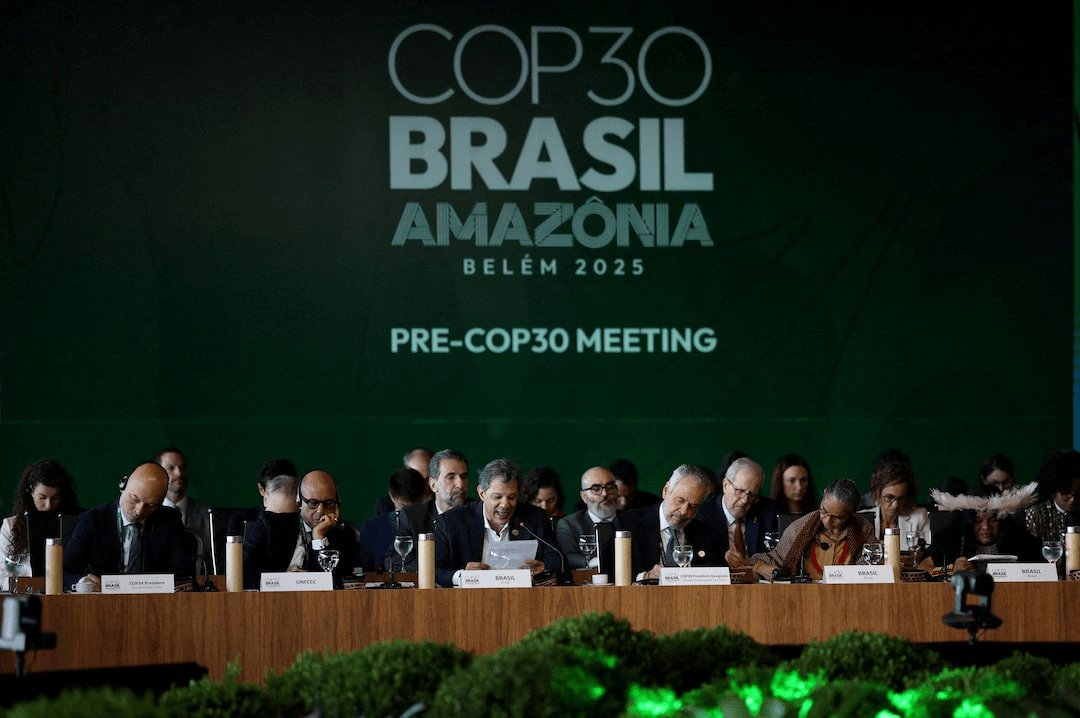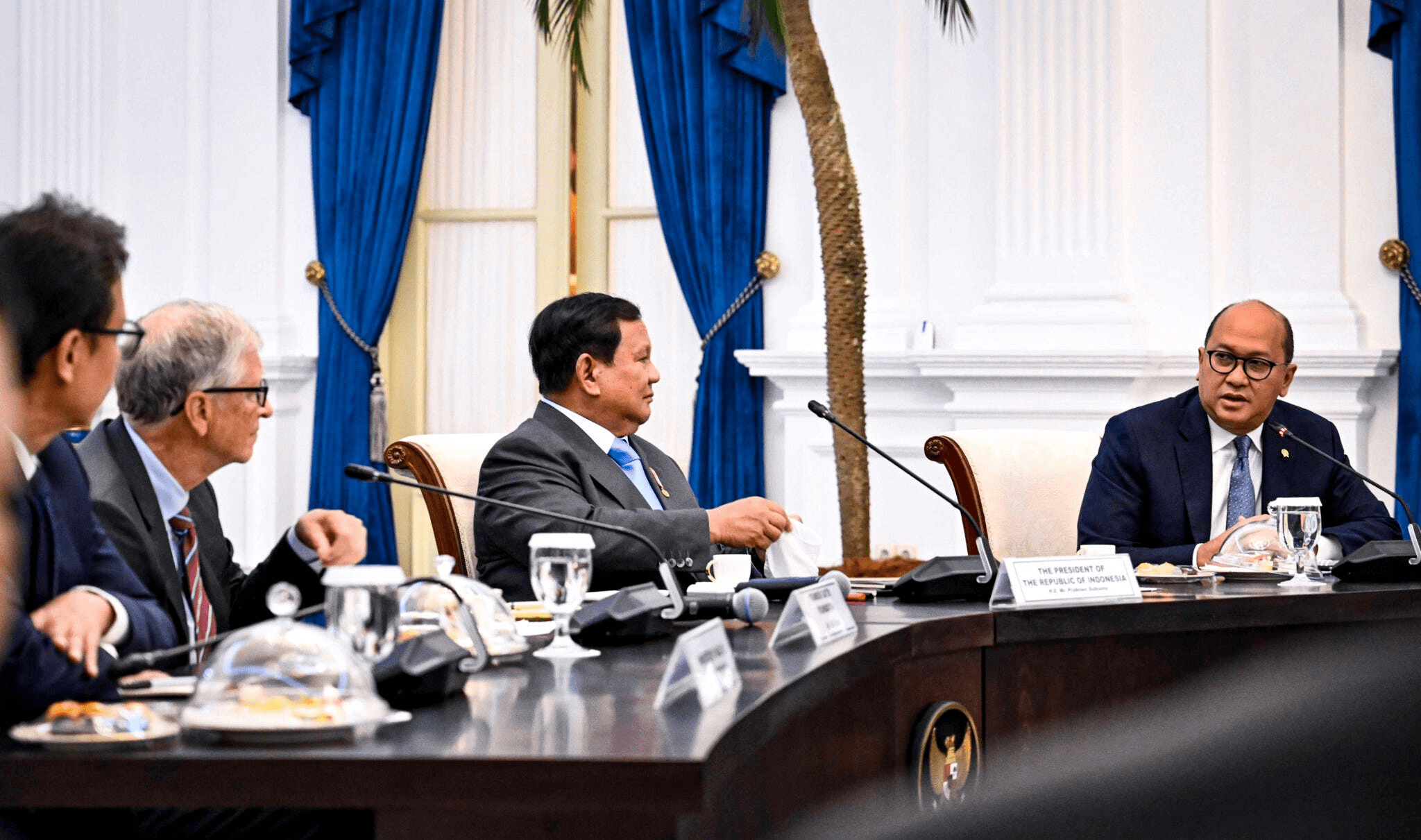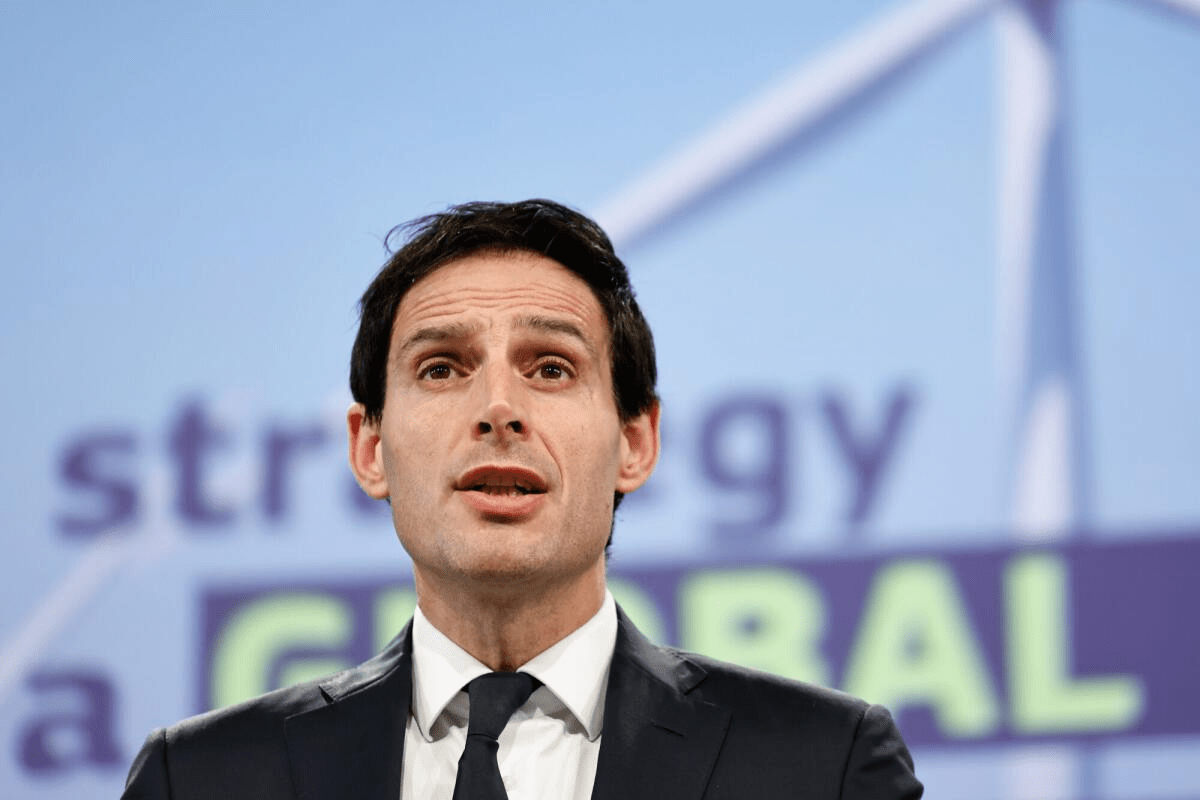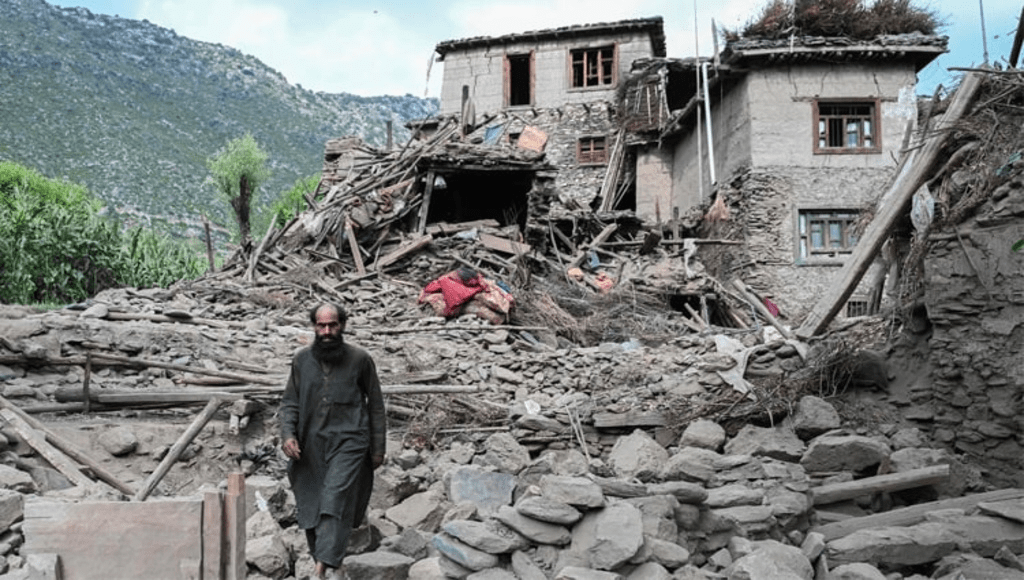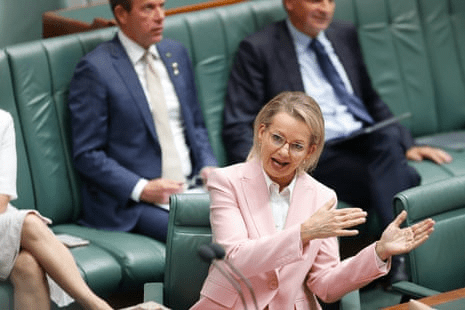Border truce under strain again
Fresh tensions have flared along the Cambodia–Thailand frontier, with both governments accusing each other of violating a fragile ceasefire only months after deadly clashes displaced hundreds of thousands of people. Officials in Bangkok say they have paused steps tied to a U.S.-backed follow-on peace deal after four Thai soldiers were wounded by what they allege was a newly laid landmine near the contested frontier. Phnom Penh firmly denies laying new mines, insisting its forces have respected the ceasefire and accusing Thailand of dragging its feet on agreed moves to pull back troops and de-mine key areas. The renewed war of words has revived fears that the summer’s five days of intense fighting, which left dozens dead and forced around 300,000 villagers from their homes, may turn out to be a pause rather than a conclusion.
Regional diplomats say the dispute is concentrated in swathes of jungle and farmland around a still-sensitive stretch of the border, where old minefields lie close to new patrol routes. Thai officials argue that any fresh blast proves one side is trying to change the situation on the ground despite the truce, while Cambodian commanders counter that unexploded ordnance from past conflicts remains scattered across the landscape. The original U.S.-brokered deal required both sides to halt artillery fire, pull heavy weapons away from the line and move toward joint surveys of disputed points. Implementation has been slow and politically fraught, and the latest incident has given hardliners in both capitals new grounds to resist compromise.
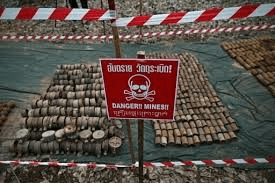
Regional diplomacy and risks of escalation
Analysts in Southeast Asia warn that even limited skirmishes in the border zone carry outsized risks because of domestic politics in both countries and the broader strategic rivalry in the region. Thailand’s government, already under pressure over the economy and the ripple effects of a prolonged U.S. government shutdown on markets and alliances, faces nationalist criticism whenever soldiers are injured near foreign soil. Cambodian leaders, for their part, are wary of appearing weak after years of framing border defence as a core test of sovereignty and loyalty. With both militaries keen to show resolve, even a single explosion can quickly become a test of prestige, narrowing the political space for de-escalation.
The United States has urged both sides to stick to the letter of the truce and proceed with joint technical work on de-mining and border demarcation. Other regional powers are also watching closely, as the disputed zone sits along potential transport routes linking mainland Southeast Asia’s economies. If talks stall, villagers living near the frontier face another season of uncertainty, with farm work, schooling and cross-border trade repeatedly disrupted by rumours of new deployments. Humanitarian groups say many families displaced by the summer clashes have yet to fully return or rebuild, and another cycle of violence would further erode trust in both governments’ promises of safety.
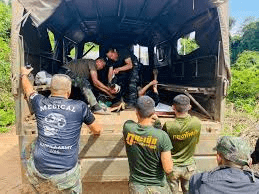
For now, officials in Bangkok and Phnom Penh are trading communiqués rather than artillery fire, but the tone has sharpened. Each side insists the onus is on the other to investigate the mine blast and recommit to stand-down orders. Veteran observers of the dispute note that similar flare-ups around the frontier’s temples and forested hills have, in the past, been contained by back-channel talks and discreet ASEAN diplomacy. Whether that pattern holds again will depend on how quickly political leaders decide they have more to gain from quiet de-escalation than from stoking domestic outrage.

 TPW DESK
TPW DESK 